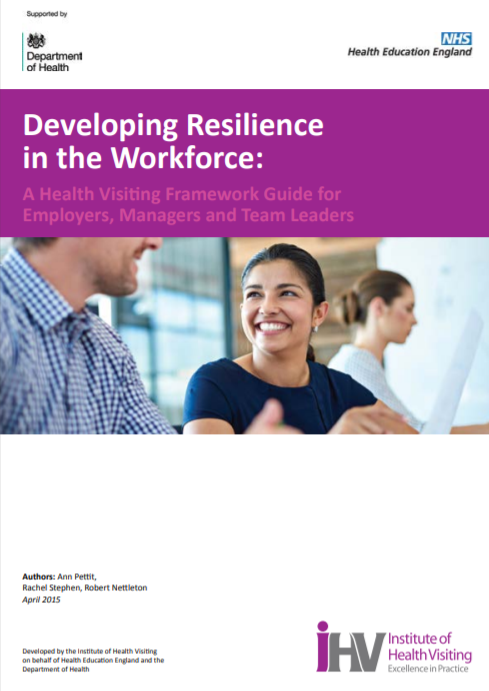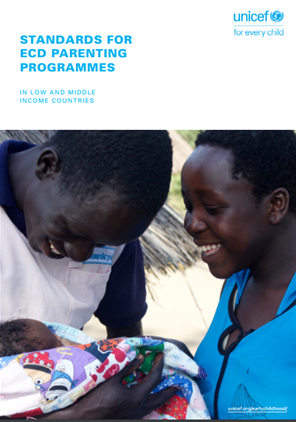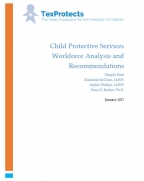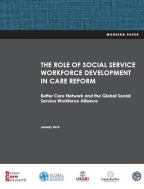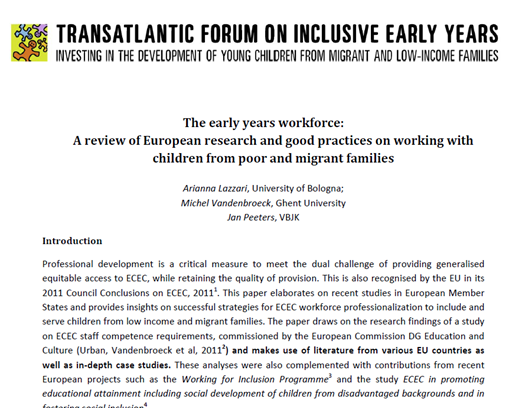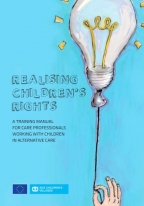Changing Systems & Practice to Improve Outcomes for Young Fathers, Their Children & Their Families
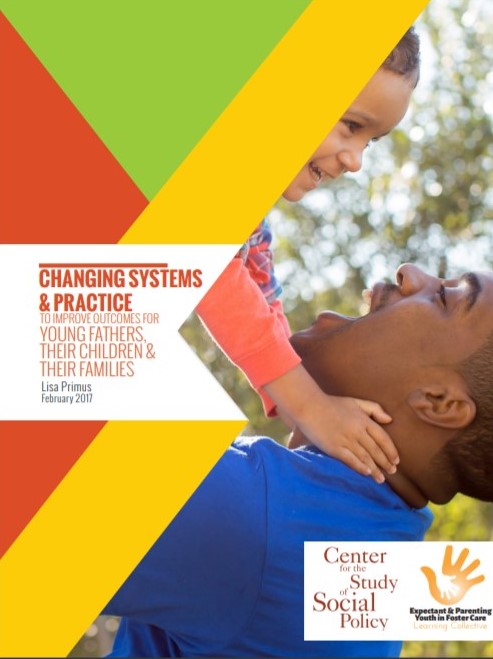
Changing Systems & Practice to Improve Outcomes for Young Fathers, Their Children & Their Families recognizes that, though there is an increasing interest in supporting fathers, little attention has been paid to the importance of engaging fathers under the age of 26 – particularly young fathers who are involved in child welfare systems.
This brief makes recommendations for child welfare system policy and practice, recognizing the important role that fathers play in improving their child's outcomes. The document highlights policies and programs seeking to identify, engage and support young fathers. It also includes links to practice guides and resources aimed at supporting the implementation of these recommendations. The policy recommendations in this brief address these challenges:
- The lack of attention to the dual roles and needs of young fathers who are simultaneously navigating a transition to adulthood while learning to parent;
- The invisibility of young fathers in child welfare systems and the dearth of opportunities for them to support the well-being of their children and families;
- The lack of data on the characteristics and needs of young fathers; and
- The lack of cross-system collaboration among the education, juvenile/criminal justice, early childhood education (ECE), child support enforcement, health care, homeless services, housing and mental health systems to support young fathers and their families.
Throughout the brief, voices of young fathers are shared.
cssp.org


